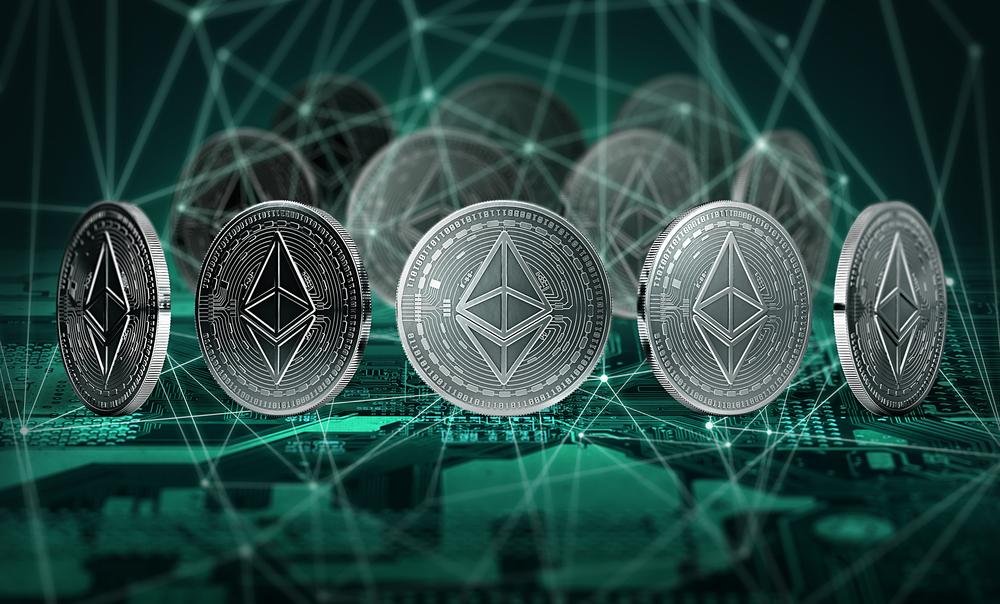- Node operators will be required to upgrade their client versions to be compatible with the London upgrade.
- Part of the London upgrade are five Ethereum Improvement Proposals (EIPs) meant to simplify existing financial instruments and initiatives.
Following successful testnet, the London upgrade is now set for activation on the Ethereum mainnet. The upgrade is expected to be launched on block 12 965 000, between August 3rd and 5th, 2021.
Node operators will be required to upgrade their client versions to be compatible with the London upgrade. The clients include Nethermind, Erigon, Besu, and OpenEthereum among others. Certain clients, such as Besu and Nethermind, will be eligible for a bug bounty bonus.
Additionally, the operators are asked to note that initial versions supported London on testnets but not on mainnet. Developers further confirmed that teams are working to ensure that this transition is as seamless as possible.
London upgrade to include EIPs
Part of the London upgrade are five specific Ethereum Improvement Proposals (EIPs). EIPs on the London upgrade include fee market change for ETH 1.0 chain, BASEFEE opcode, and reduction in refunds. Additional ones are the Reject new contracts starting with the 0xEF byte and Difficulty Bomb Delay to December 1st, 2021.
The EIP-1559, for instance, will add a new transaction type that will affect mining and transaction pools, among other areas. These changes are set to improve the network; reducing gas fees, and scaling.
Expected outcomes
Ethereum holders, including those using exchanges, and wallets services, will not be required to make any changes. The exception is if users are prompted to take certain steps by the platforms they use.
Notably, the London upgrade will require miners to manually double their target gas limit on the Ethereum network. Miners will, therefore, need to update their Ethereum clients so that they do not lower the block size on the network.
Miners and node operators on the other hand are requested to participate in the upgrade. Those that do not will be stuck in an incompatible blockchain. Such an unfortunate situation would mean the inability to send Ether or operate on the new Ethereum network.
Decentralized network upgrades alter underlying Ethereum protocols to modernize the system. Their extensive nature requires communication and collaboration with the network’s community as well as Ethereum client developers.
Before upgrades are implemented, the network’s community agrees upon which changes should be included in the upgrade. Those approved are written into the various Ethereum clients and activated at a specific block number. Nodes that do not upgrade are left in the old chain where the previous rules still apply.
For the latest upgrade, London was chosen because it is one of the Devcon city names. London is where Devcon 1 happened following the Berlin Devcon 0.
Recommended for you:
- Buy Ethereum Guide
- Ethereum Wallet Tutorial
- Check 24-hour Ethereum Price
- More Ethereum News
- What is Ethereum?
Subscribe to our daily newsletter!
No spam, no lies, only insights. You can unsubscribe at any time.




